Yet again, the Church of Jesus Christ of Latter-day Saints (LDS) finds itself in a clash of faith and fiduciary duty. A recent lawsuit claims that sacred tithing funds – that is, church member donations that are intended for church use – have been misused, which has shaken the trust of believers and brought attention to the church’s secretive financial practices.
This legal challenge puts a spotlight on the church’s handling of donations, promising an in-depth look at the intersection of spirituality and financial ethics.
Misdirected Charity or Misunderstanding?

A group of church members has stepped forward and is taking legal action against the LDS Church. Their accusation? Hundreds of thousands of dollars meant for charity were allegedly rerouted into private investment accounts.
Details of the lawsuit raise critical questions about the transparency and intent behind the church’s financial dealings, igniting a debate that goes well beyond the pews.
Tithing Under Trial
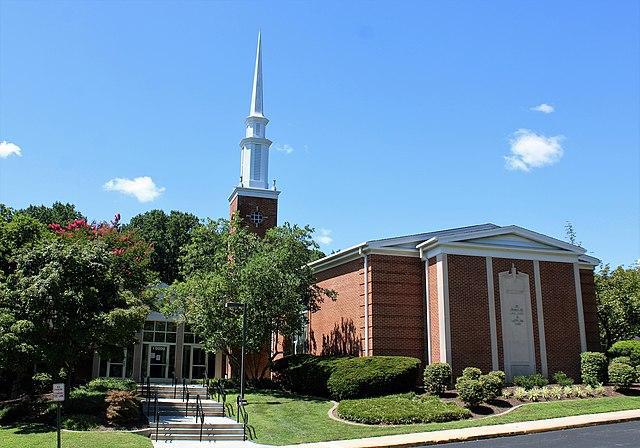
At the heart of the dispute is tithing, a practice where members contribute 10% of their income. The case probes whether these tithes, meant for charitable offerings and services, are being improperly channeled into investments.
This raises a profound concern over the sanctity of tithing and whether the denomination has been taken advantage of for financial strategy and private, personal gain.
Setting a Legal Benchmark
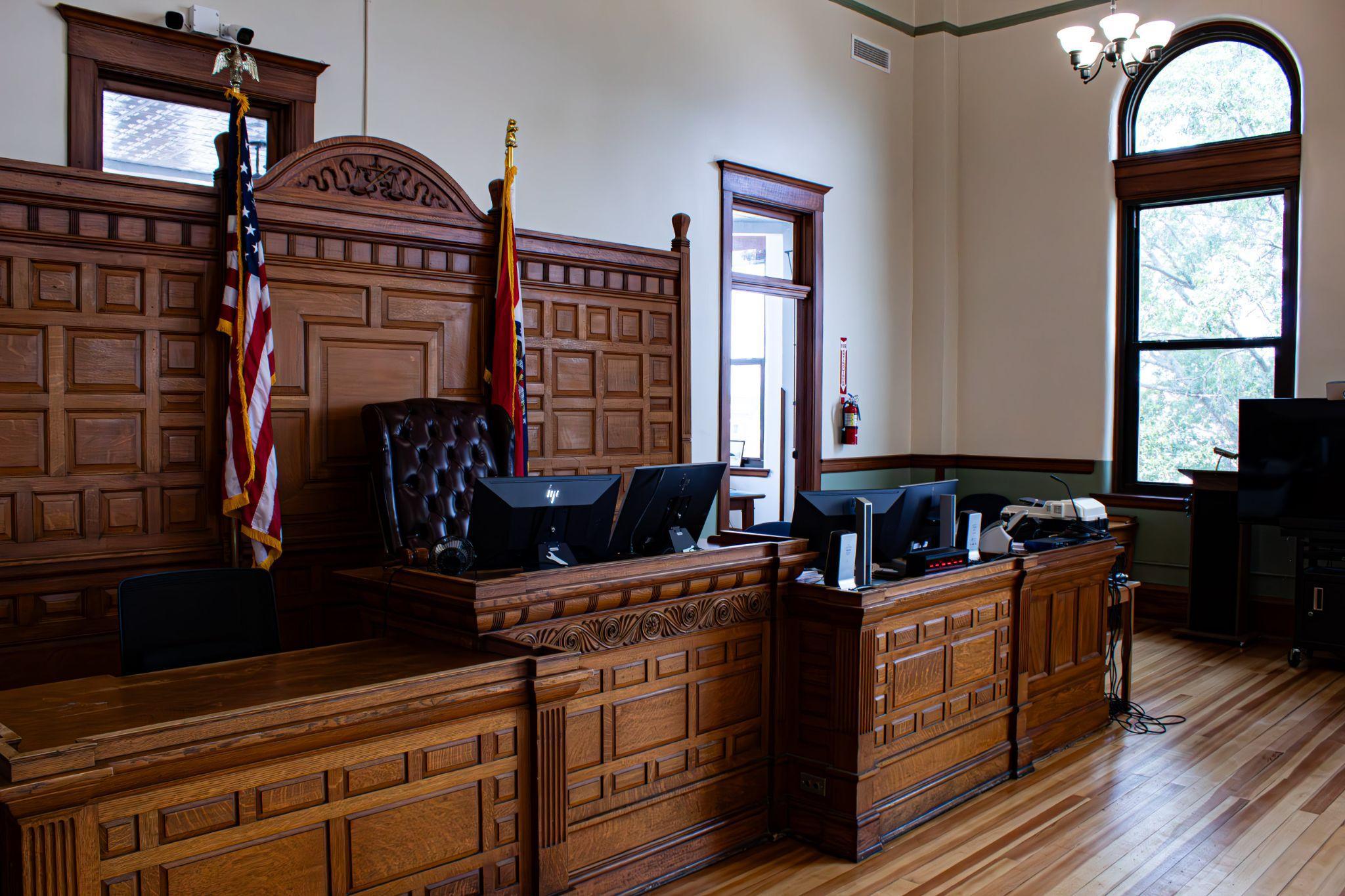
In a prior case similar to this one, James Huntsman, brother of former Utah Governor Jon Huntsman, brought a suit against the church over misused funds and saw partial success. As such, Huntsman’s case may have set a legal precedent for the current lawsuit, questioning if the church has broken the trust of its donors.
With a staggering $5 million in fines resulting in Huntsman’s case, the outcome of this one could impact how religious organizations disclose their financial activities moving forward.
The Church’s Financial Penalties

The SEC’s $5 million fine against the LDS Church reveals how the organization’s complex investment practices have now come under legal scrutiny.
This penalty emphasizes the importance of clarifying the church’s responsibility to its members as well as its legal obligations.
The Church Offers Its Defense
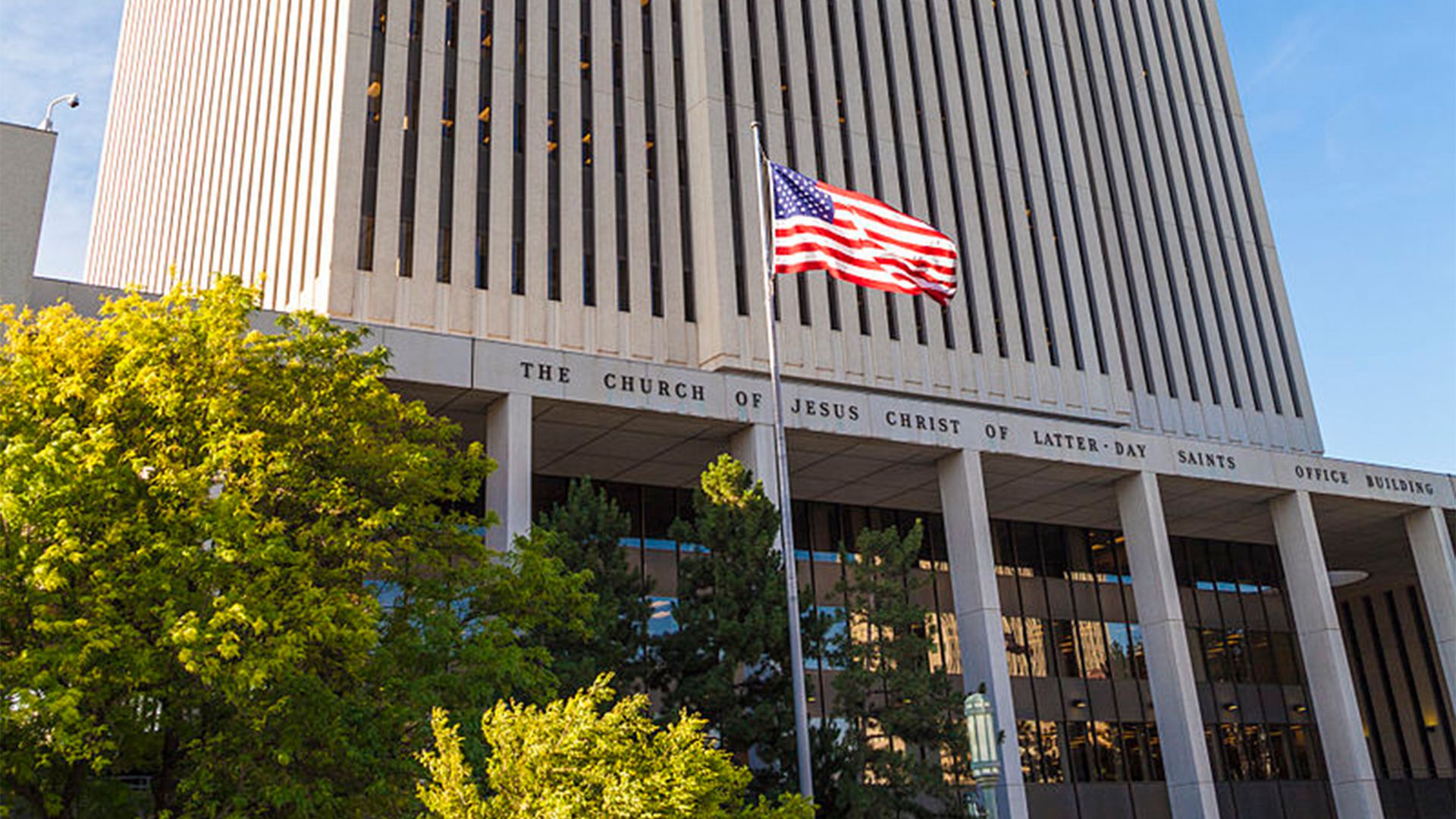
Despite the legal challenges and calls for transparency, church officials have historically defended their financial practices as both legal and in line with their religious mission.
While no official statement has been made, their silence in light of these new allegations likely suggests a continuation of their confident stance on the decisions behind their financial operations.
Promised Aid vs. Alleged Investments

The lawsuit argues that the church’s claims of using all donations for humanitarian aid don’t really match up with their actual practices, which reportedly prioritize investment over immediate charity.
This discrepancy between promised aid and alleged investment strategies is now the central focus of the suit.
Plaintiffs Speak Up for Transparency
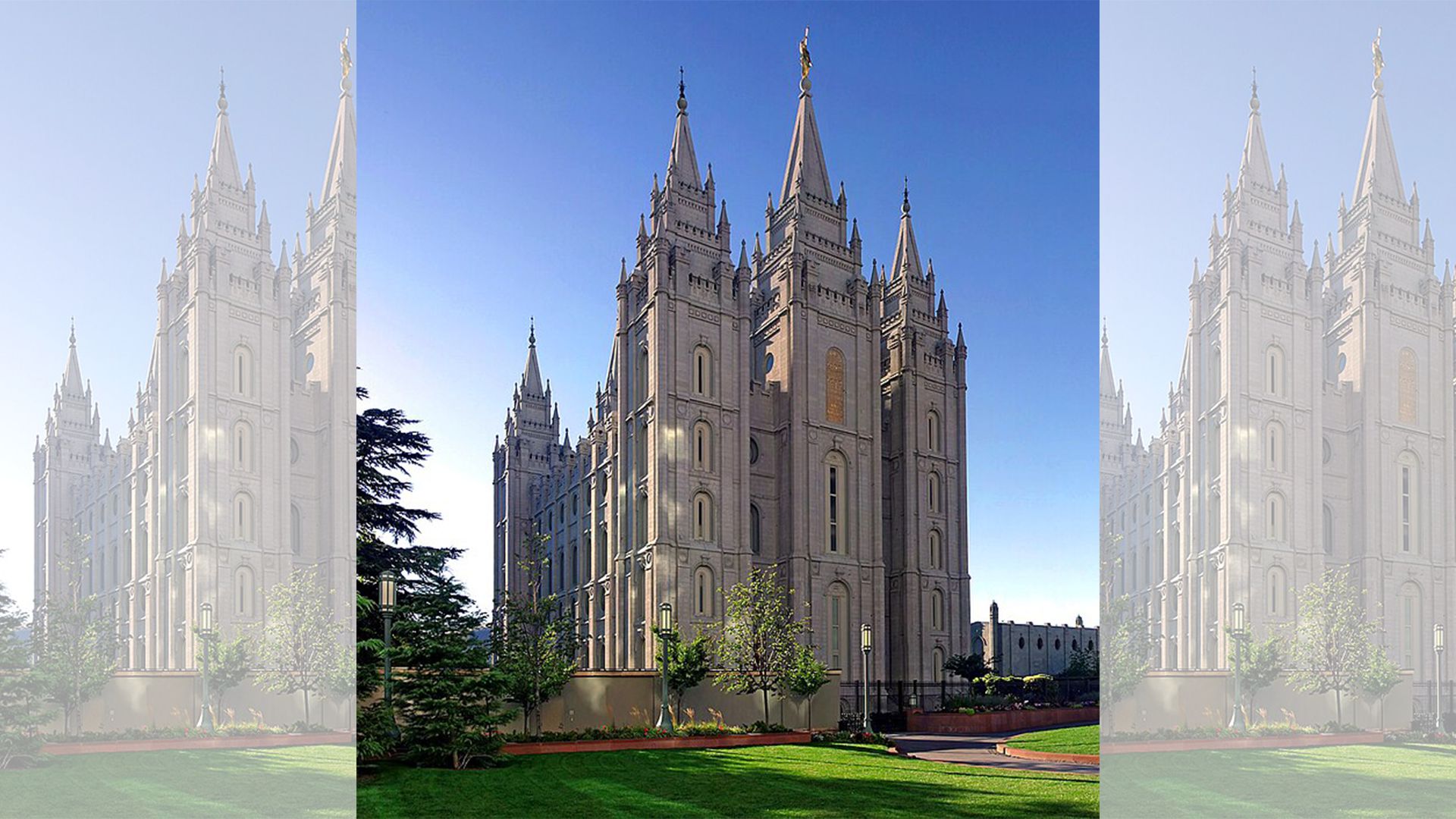
Filers of the lawsuit – Daniel Chappell, Masen Christensen, and John Oaks – alleged having collectively donated around $350,000.
Their lawsuit, seeking class-action status, could invite millions of church members to demand additional oversight and accountability.
Whistleblower Exposes Financial Secrets
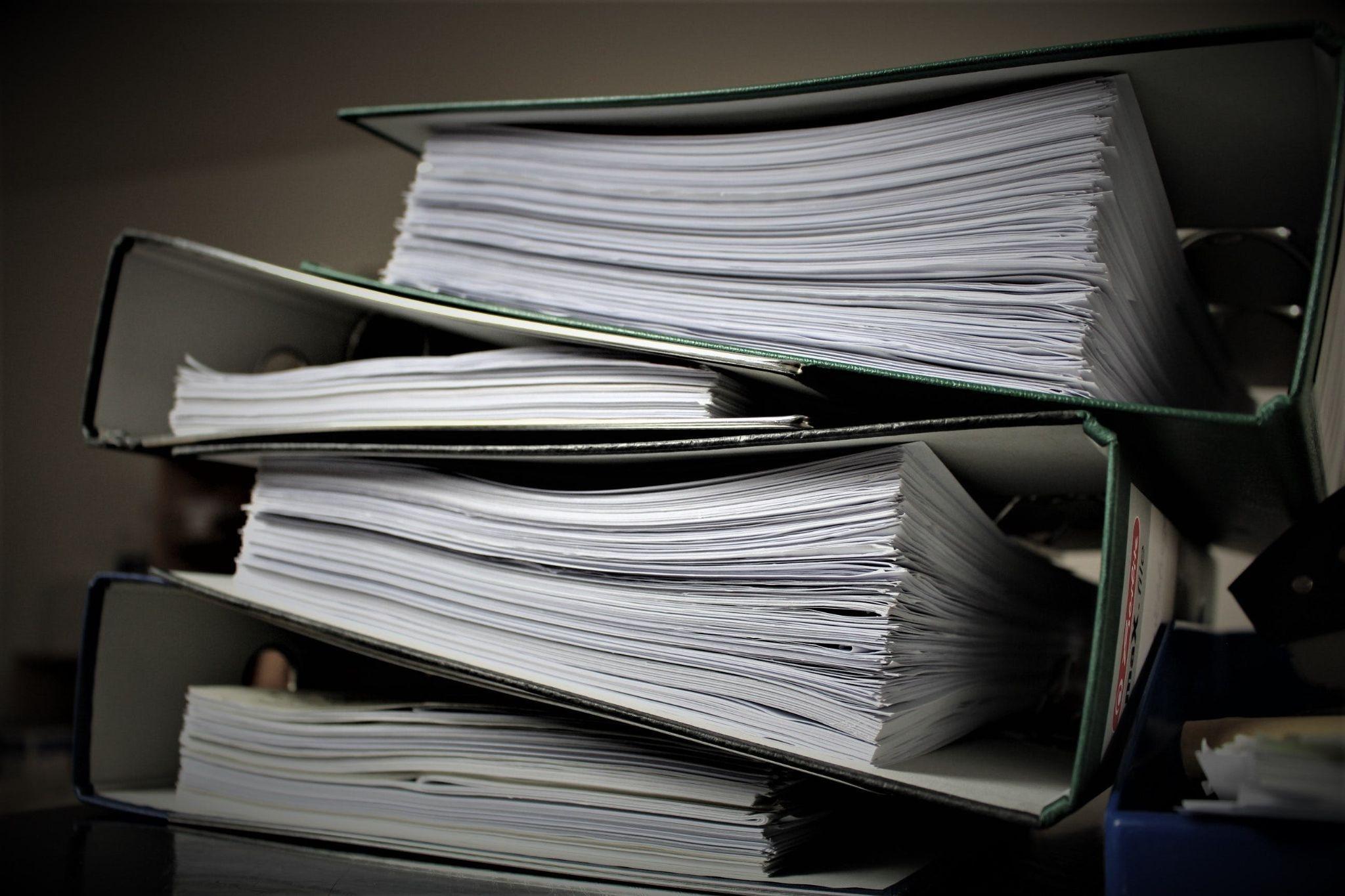
Former Ensign Peak investment manager David Nielsen’s whistleblower report to the U.S. Senate Finance Committee has also fueled the fire of financial inquiry into the LDS Church’s reserves.
Nielsen’s report poses a daunting challenge to the church’s narrative of financial propriety.
Where Charity Meets Controversy

With Huntsman’s previous SEC case, advisory firm Ensign Peak was ordered to pay $4 million in fines, while the LDS Church was responsible for $1 million. The church’s rare use of Ensign Peak’s funds is quite different from what it claims to do with its charitable efforts.
Clearly, the spending decisions and those responsible for managing funds are under the microscope with this latest lawsuit.
The Legal Tide Turns

As the Huntsman case gets sent back for further proceedings, the legal tides appear uncertain, potentially influencing the outcome of the current allegations.
Every legal move now plays a vital role in shaping the church’s financial transparency saga.
The LDS Church Stands at a Crossroads

The LDS Church is at a crossroads, facing questions about faith, finance, and the future of tithing traditions. It’s a challenging time, but one that invites open conversations and discussions about what lies ahead.
This evolving tale will decide how a contemporary faith community balances its spiritual obligations with the transparent nature of its financial management.
